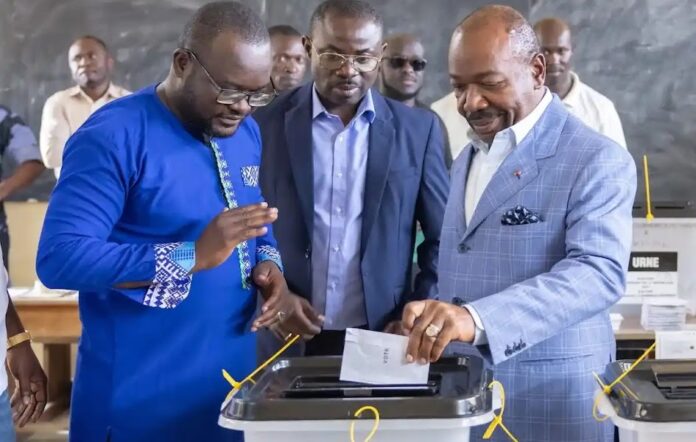
By Adamu Inuwa Lawan
A few minutes ago, I read one of the many newsletters I receive from Brookings Institute on Foresight Africa, which discussed and explained how Africans, particularly in the Western region, are tired of their public office holders. This frustration is associated with the recent waves of coups by junta military leaders in countries like Niger, Mali, Gabon, Burkina Faso, Guinea, and Chad.
The author of the article, Ebenezer Obadare, a Senior Fellow at Brookings and a member of the Africa Studies program on Council of Foreign Relations, asserted that for African leaders to regain the trust of their citizens and prevent their overflow abroad to seek better life and working conditions, they must radically change the perception of public office as a center of accumulating public resources without regard for its effect. Additionally, he opined that there is also a need to address the “poverty of physical infrastructure” by investing massively in building critical infrastructure like roads, bridges, hospitals, and schools to provide jobs and retain their countries’ best brains.
I believe his analysis is spot on. Every day in West Africa, citizens are increasingly frustrated with the way public office holders are treating them. For instance, a few days ago, Nigerians staged an unprecedented hunger protest for ten days, demanding leaders in high offices to come to their rescue as living costs have skyrocketed to an all-time high.
The wave of junta regimes, as I mentioned earlier, started with the high cost of living, due to poor economic management and high inflation. This has further depressed those who owned little to nothing.
Therefore, African leaders need to understand that we are in a period where their citizens are increasingly aware of the amorphous promises made on their campaign trails. They understand that democracy is the government of the people and is meant to work for the people. However, if democracy fails to truly uplift them from the suffering that they go through every day as a result of a nonchalant attitude towards economic growth and policies that prioritize their well-being, the democracy is liable to be phased out in no time.
This is why it’s significant for African leaders to wake up and work for their people, or risk losing their seats to military junta.
Lawan writes from Nguru, Yobe State
The views expressed in this article are the author’s own and do not necessarily reflect the editorial policy of Sky Daily




































